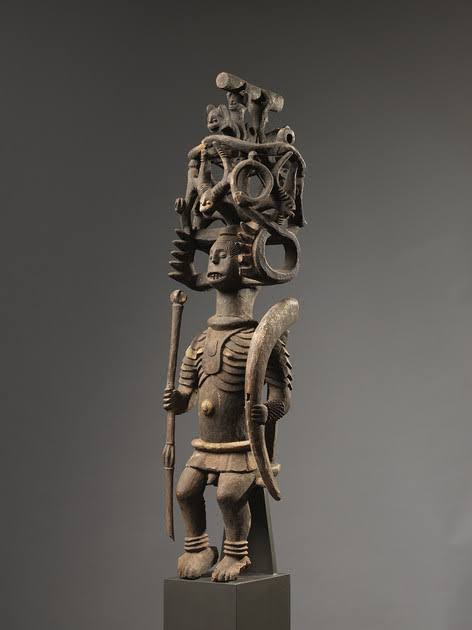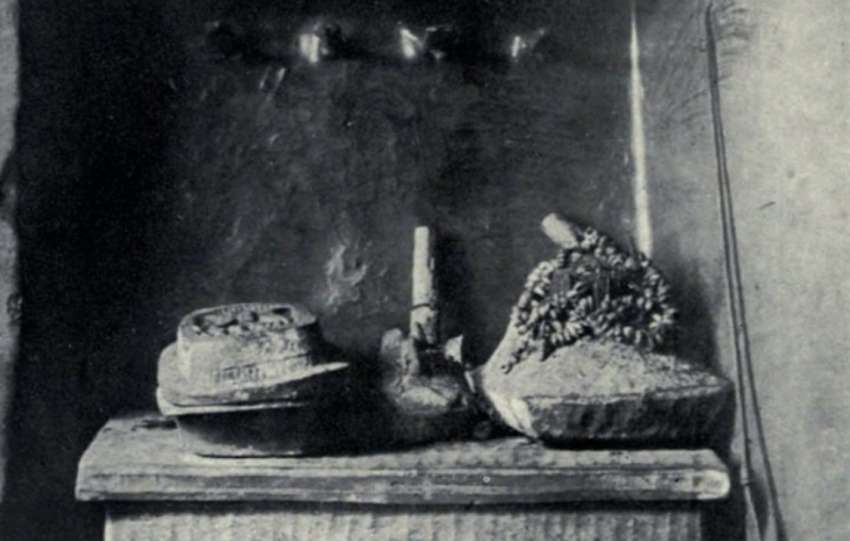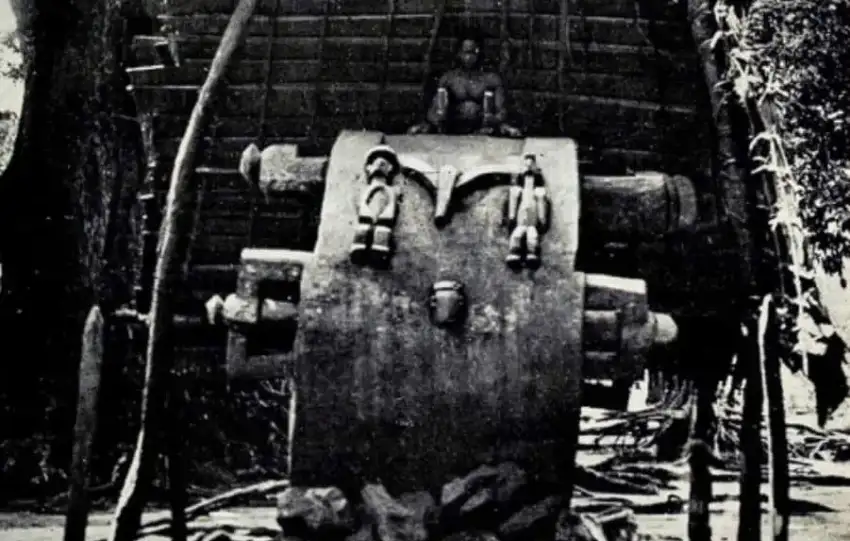
The culture of Anioma people provides the Ikenga with immerse importance, spiritually.
This is a carved wooden figure but its more than a figure because it represents the vitality, strength and achievements of a man, mostly males that has been corornated with the Ozo and Eze titles. Ikenga in Anioma is a strong representation of the man’s achievements, spirituality, and connections with ancestry.
The Ikenga acts as instructor of the holder’s achievements and links them to their spiritual world. It represents the holder’s strength, oftentimes mirroring their success,resilience and leadership in the society. As a man accelerates the ladder of social class via acquiring titles, Ikenga serves as a path to his prosperity, this is why the Ikenga is treated with maximum respect in Anioma.
When a man dies, how his Ikenga is being kept is of great importance, a male without title could have his Ikenga thrown away or destroyed but the Ikenga of a titled male is mostly kept and added to the host of spirit ancestry.
This practical beliefs, mirrors the notion that makes title holders to not only be influencial in the human realm physically but also makes them notable spiritual immortals. Ikenga makes sure their spirits are being adored and also keeps influencing future generations. What the Ikenga represents goes far beyond after life. If a boy child is born not long after a title holder passes away, this new born child will be often considered to be a reincarnation of the title holder that passed away, the continuity power and honour of the family.
“Nnamdi” as a name is often given to the child which means “my father lives on” ,representing the arrival of the title holder’s spirit via the new born male child. In Anioma, the Ikenga plays an important role in linking the physical children with spiritual realms.
Ikenga do not just showcase a man’s spirituality and strength in life but it represents his outside existence in the place where ancestors dwell , making sure that the legacy of the man lives on.
Reference :
- Micheal A Onwuejeogwu, An Igbo civilization : Nri kingdom and Hegemony (London: Ethnographica, 1981).
- Don C. Ohadike, Anioma : A social history of western Igbo people
- Vaux. Intelligence report on Asaba clan 1939



